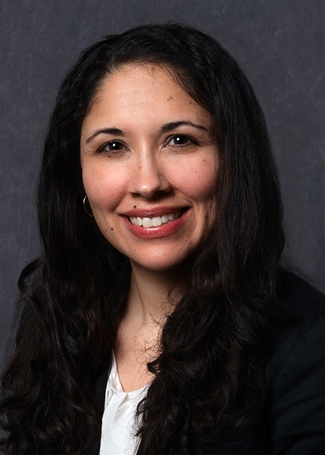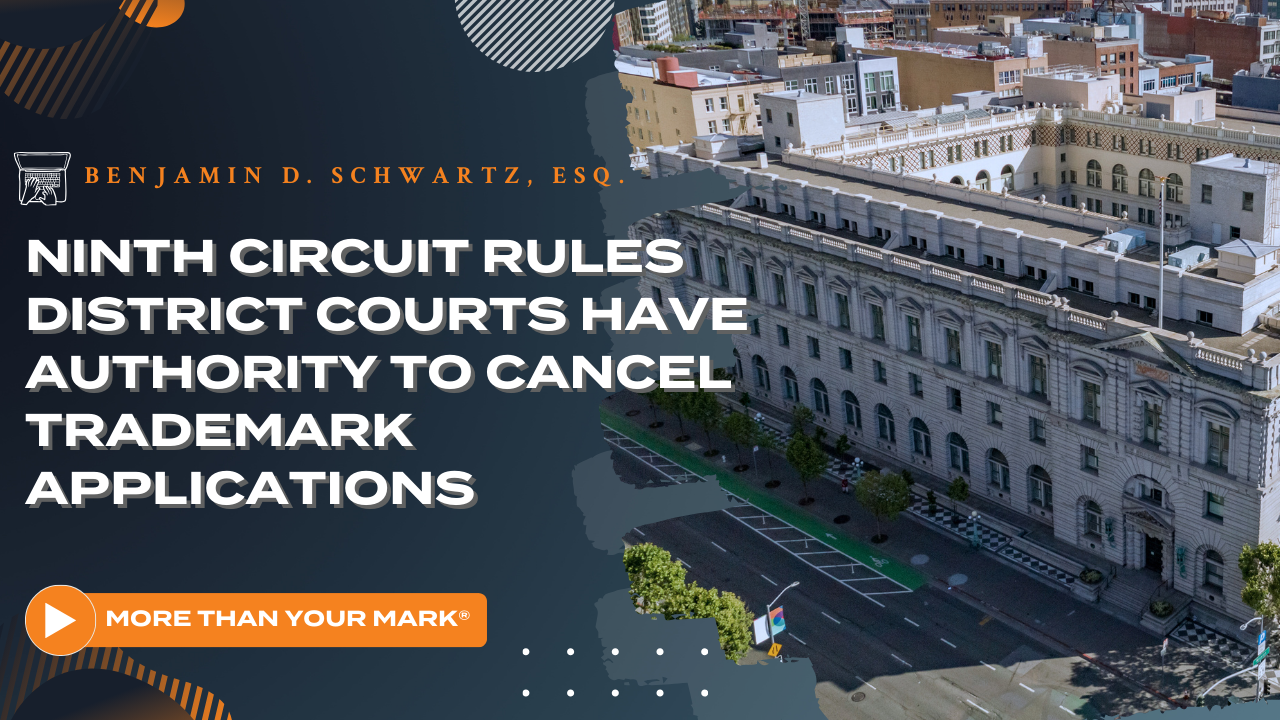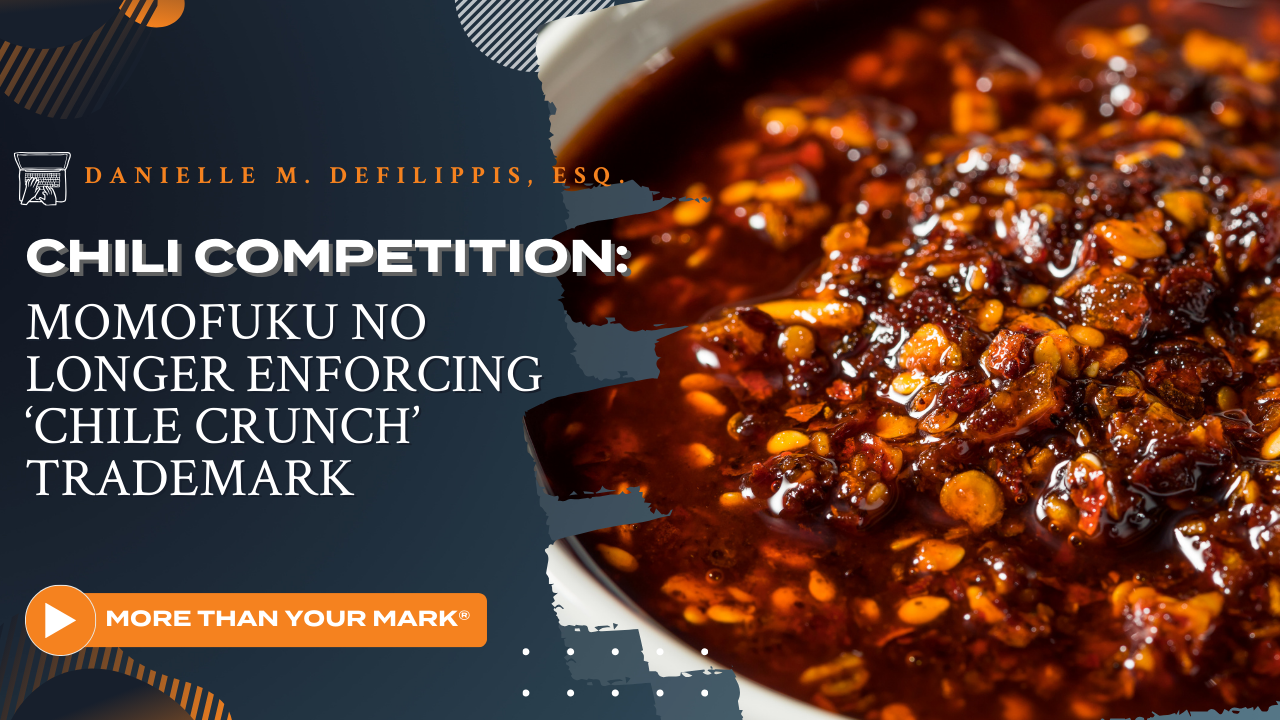A Suit Over Seeds is Sprouting in Missouri

A California company that sells garden seeds was sued this month over its use of the words "rare seeds" in its domain names, website, and online marketplace presence.
Baker Creek Heirloom Seed Co. LLC ("Baker Creek") filed a lawsuit in the U.S District Court for the Western District of Missouri against Buy Rare Seeds Inc. (“Buy Rare Seeds”) and its owner, Michael Rubel, asserting claims of cybersquatting, trademark counterfeiting, trademark infringement, false advertising, trademark dilution, and unfair competition.
According to its website, Baker Creek was started in 1998 and has since grown into North America’s largest heirloom seed company. Baker Creek alleges it has been using the tradename and mark “rareseeds” since 1998 and owns the trademark “RARESEEDS,” which was registered with the U.S. Patent and Trademark Office on Dec. 21, 2021, registration number 6593562.
Buy Rare Seeds operates the website buyrareseeds.com to sell garden seeds. According to the Complaint, Buy Rare Seeds targets customers through its websites buyrareseeds.com and buy-rare-seeds.com, and via its online marketplaces on Facebook, Etsy, Amazon, and other online stores. Baker Creek alleges that this is malicious and deliberate and in direct competition with Baker Creek. Baker Creek further alleges that it has received telephone calls from angry consumers complaining of customer service issues, who believed they had purchased seeds from Baker Creek when, in actuality, they had purchased from Buy Rare Seeds. Baker Creek seeks an injunction, actual damages, statutory damages, and Buy Rare Seeds' profits from the sales of the allegedly infringing products.
What makes this case interesting? First, Baker Creek owns the trademark RARESEEDS for a website to place orders in the fields of "seeds, live plants and gardening products." This would, at first blush, indicate the mark is weak and descriptive. Baker Creek asserts it has been using the name since 1998, supporting this use with extensive multi-media advertising in various markets, and has therefore built-up substantial goodwill in those markets. It will be interesting to see how the years of use and allegations of substantial goodwill factor into the Court's evaluation of the strength of the mark.
Another interesting factor is the use of the mark in the domain name and the allegations of cybersquatting. To prevail on a cybersquatting claim, a plaintiff must show that the defendant registered or used with a bad faith intent to profit a domain name that is confusingly similar to a registered or unregistered mark or is dilutive of a famous mark.
Will we see that showing made here? And where should the line be drawn as to what use is descriptive and what is a trademark use that could be infringing?
Trademark practice can get “seedy.” If you have any questions or concerns about trademarks, trade secrets, publicity rights or copyright matters, please contact me at dmdefilippis@norris-law.com.




